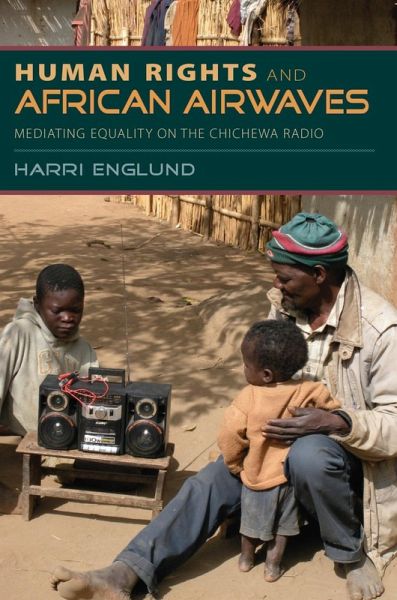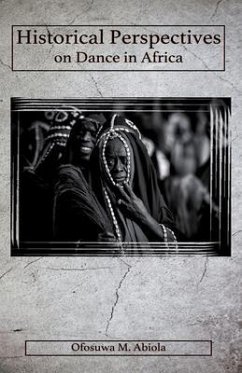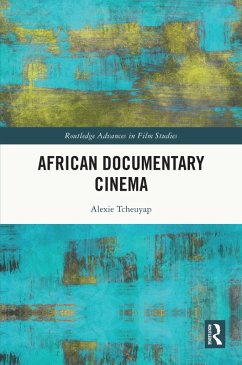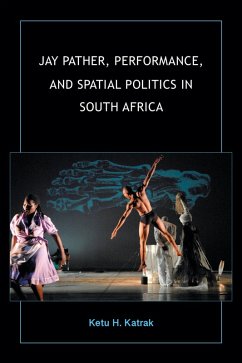
Human Rights and African Airwaves (eBook, ePUB)
Mediating Equality on the Chichewa Radio
Versandkostenfrei!
Sofort per Download lieferbar
5,99 €
inkl. MwSt.
Weitere Ausgaben:

PAYBACK Punkte
3 °P sammeln!
Human Rights and African Airwaves focuses on Nkhani Zam'maboma, a popular Chichewa news bulletin broadcast on Malawi's public radio. The program often takes authorities to task and questions much of the human rights rhetoric that comes from international organizations. Highlighting obligation and mutual dependence, the program expresses, in popular idioms and local narrative forms, grievances and injustices that are closest to Malawi's impoverished public. Harri Englund reveals broadcasters' everyday struggles with state-sponsored biases and a listening public with strong views and a critical ...
Human Rights and African Airwaves focuses on Nkhani Zam'maboma, a popular Chichewa news bulletin broadcast on Malawi's public radio. The program often takes authorities to task and questions much of the human rights rhetoric that comes from international organizations. Highlighting obligation and mutual dependence, the program expresses, in popular idioms and local narrative forms, grievances and injustices that are closest to Malawi's impoverished public. Harri Englund reveals broadcasters' everyday struggles with state-sponsored biases and a listening public with strong views and a critical ear. This fresh look at African-language media shows how Africans effectively confront inequality, exploitation, and poverty.
Dieser Download kann aus rechtlichen Gründen nur mit Rechnungsadresse in A, D ausgeliefert werden.













